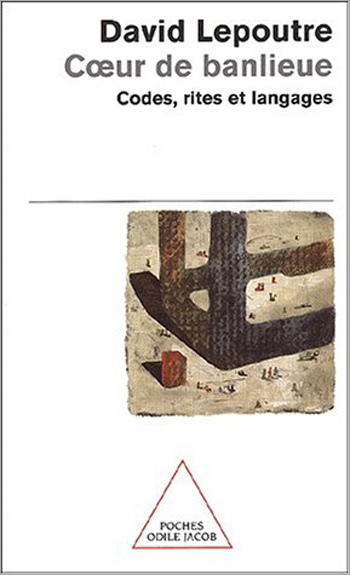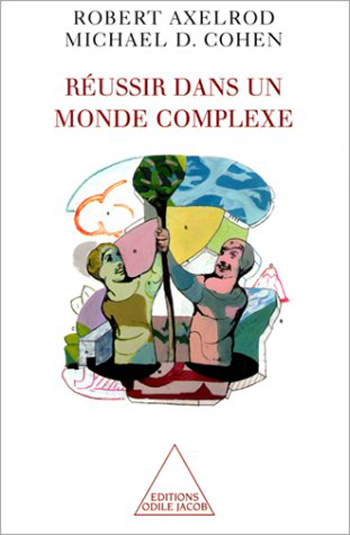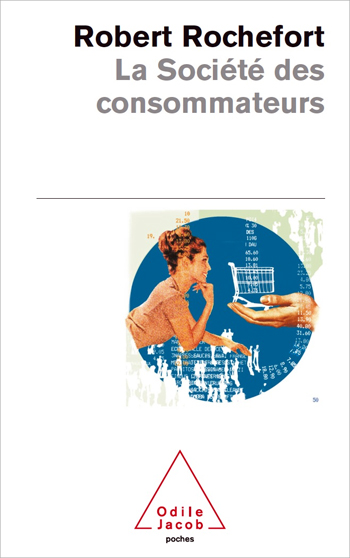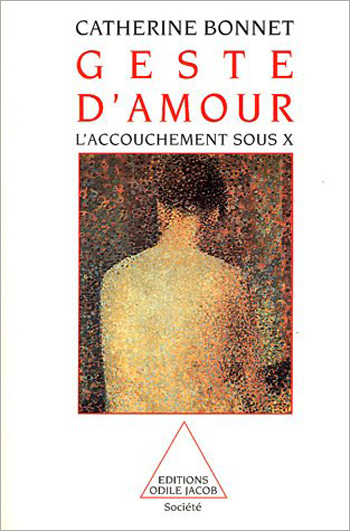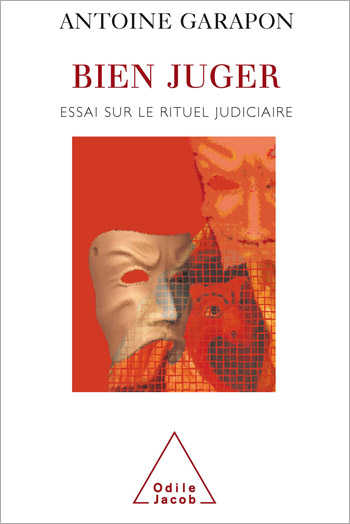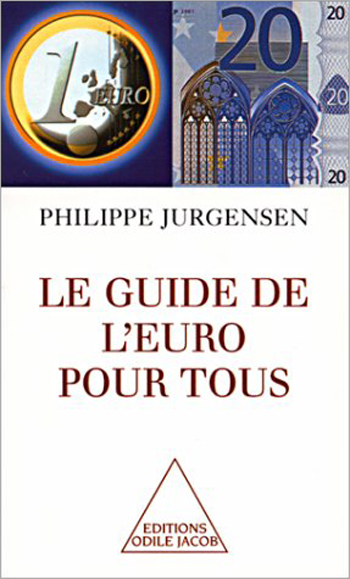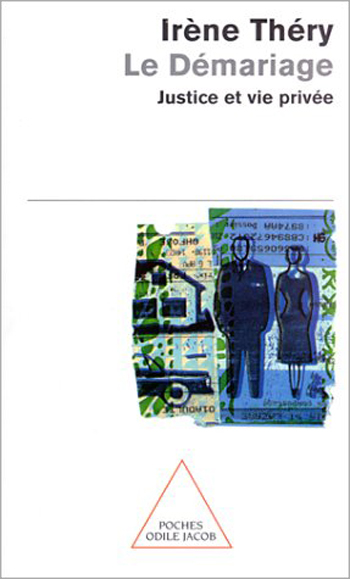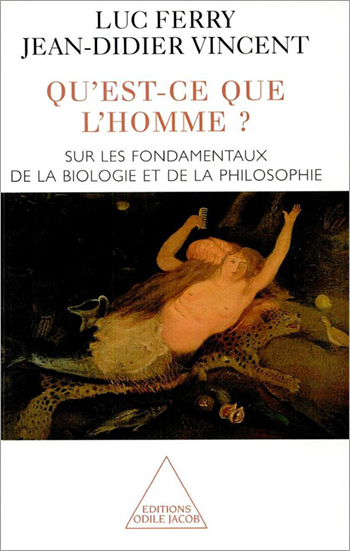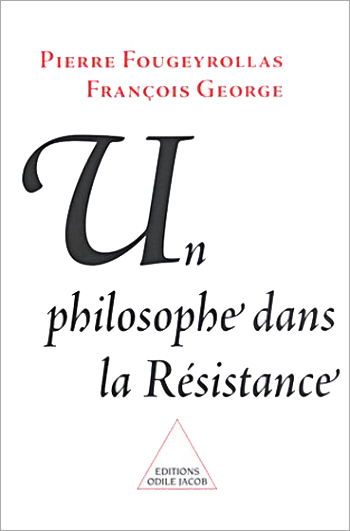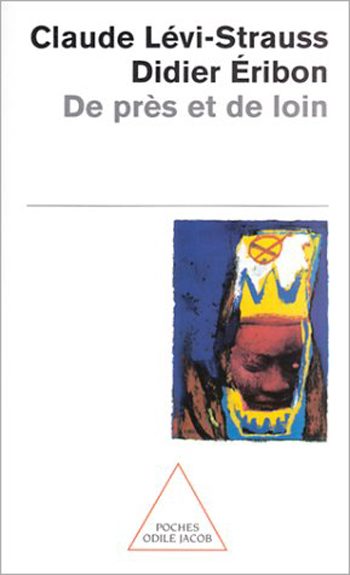Human Sciences All books
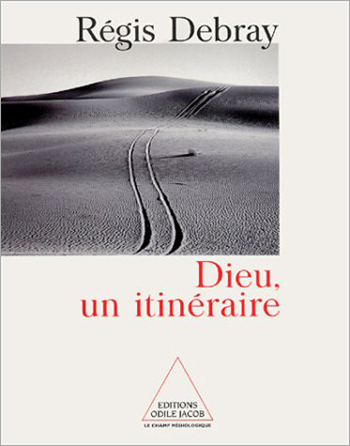
Régis Debray
God, An Itinerary
"If we can be said to have a goal, it is to reply as precisely and soberly as possible to a childish question, which has been frequently set aside as trivial: Why are these beliefs, which came to light in the desert three thousand years ago, still among us? And why is it that hundreds of millions of men and women still follow them? The study of God's minor aspects does not, in our opinion, lessen its significance. Instead, it gives new life to spiritual issues." Régis Debray Régis Debray teaches at the University of Lyon-III.
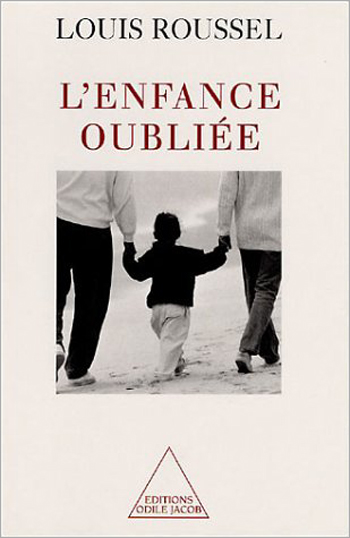
Louis Roussel
Forgotten Childhood
Roussel points to a number of frightening signs among children today failure at school, depression, suicide, juvenile delinquency, violent behaviour and concludes that childhood itself is seriously threatened. The changes in family relations have played a determining role in affecting the lives of all children each and every one of them potential victims of the upheavals that shake our society. Such is the theory that Roussel presents in this book, as he traces more that 20 years of changes in the family and examines their impact on education. Louis Roussel is a scientific adviser for Frances national institute of demographic studies.
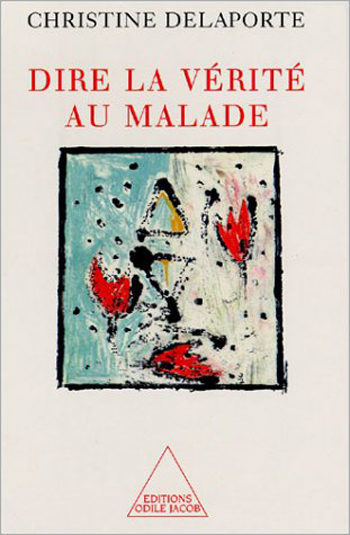
Christine Delaporte
Telling Sick People the Truth
The issue of medical truth is perceived differently by doctors and patients. From the doctors point of view: Should a given patient be told the truth? Should terminally ill patients be told how much longer they may expect to live? From the patients point of view: How can I hear the truth and learn to live with the disease? This book should help health professionals deal with emotionally difficult moments of truth. It should also help patients and their loved ones to feel less alone, once they have heard the truth, and to gradually learn to live with their disease. Christine Delaporte is a head of research at the Centre National de la Recherche Scientifique.
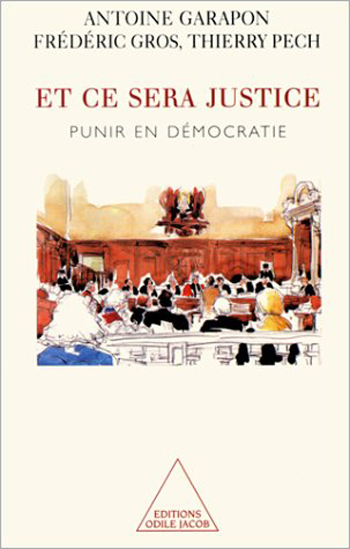
Antoine Garapon, Frédéric Gros, Thierry Pech
And this is Justice Punishment in a Democracy
What is the meaning of a sentence? This is the issue that the present book faces squarely and directly, from the philosophical, ethical and political angles. The authors goal is less to confront different viewpoints than to defend a shared belief: a just sentence is one that restores bonds. Antoine Garapon is a former juvenile judge. Frédéric Gros is a philosopher. Thierry Pech is a researcher.
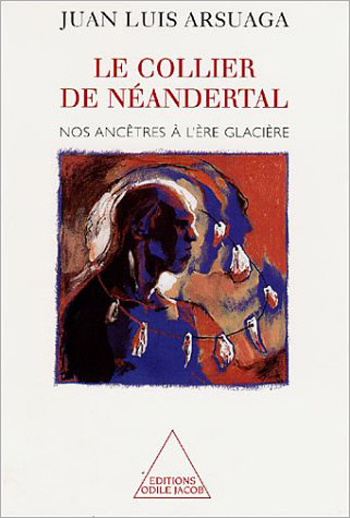
Juan Luis Arsuaga
The Neanderthal Necklace Our Ancestors of the Ice Age
The conflict between Neanderthal man and Homo Sapiens during the European Ice Age is told here by Juan Luis Arsuaga, one of Europes most eminent pre-historians. Why did the stronger, better adapted Neanderthal become extinct, while our ancestors flourished? How can this critical phase in human development be explained? The tragic story of the extinction of this species so like and yet unlike our own can help us to understand our human strengths and assets. It would seem that we are here because Neanderthal man is dead... Juan Luis Arsuaga is a professor of palaeontology at the University of Madrid and a lecturer at University College London.
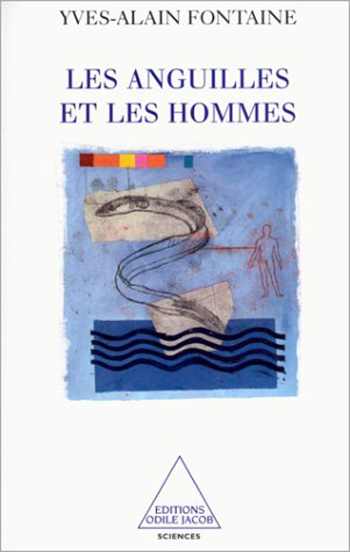
Yves-Alain Fontaine
Eels and Man
In this book, the author, an expert in his field, describes the most fascinating stages in the eels biological cycle, its migrations and the modifications it undergoes during its life. Eels interest us not only because of their life and breeding cycles, but also because of the questions they raise concerning our ideas about evolution. Does the notion of adaptation suffice to explain everything the eel has become? Doesnt a living creature maintain a certain amount of independence in relation to the world that surrounds it? Or is the relationship between a living creature and the environment which surrounds it more complex that we have generally realised ?

